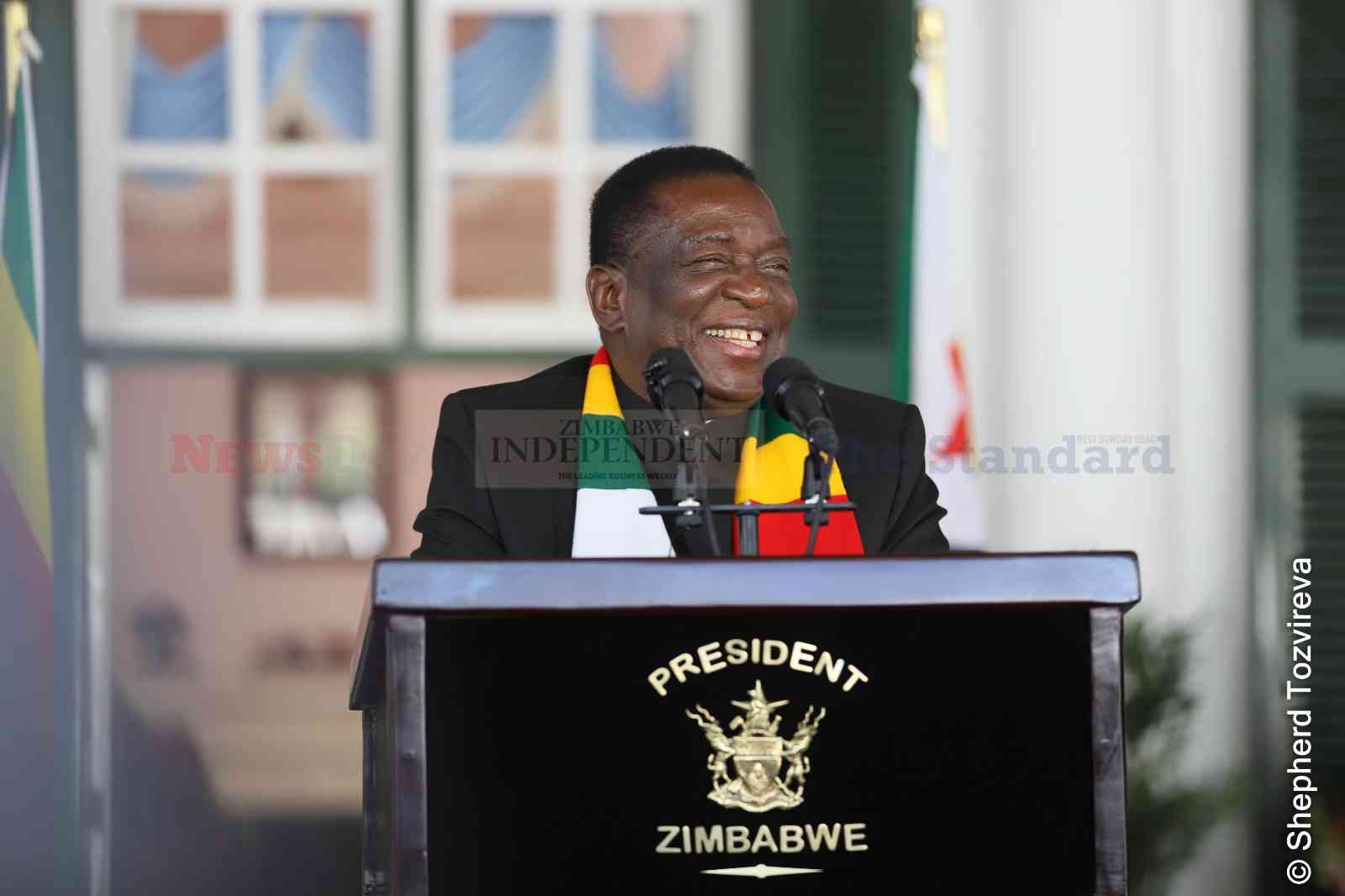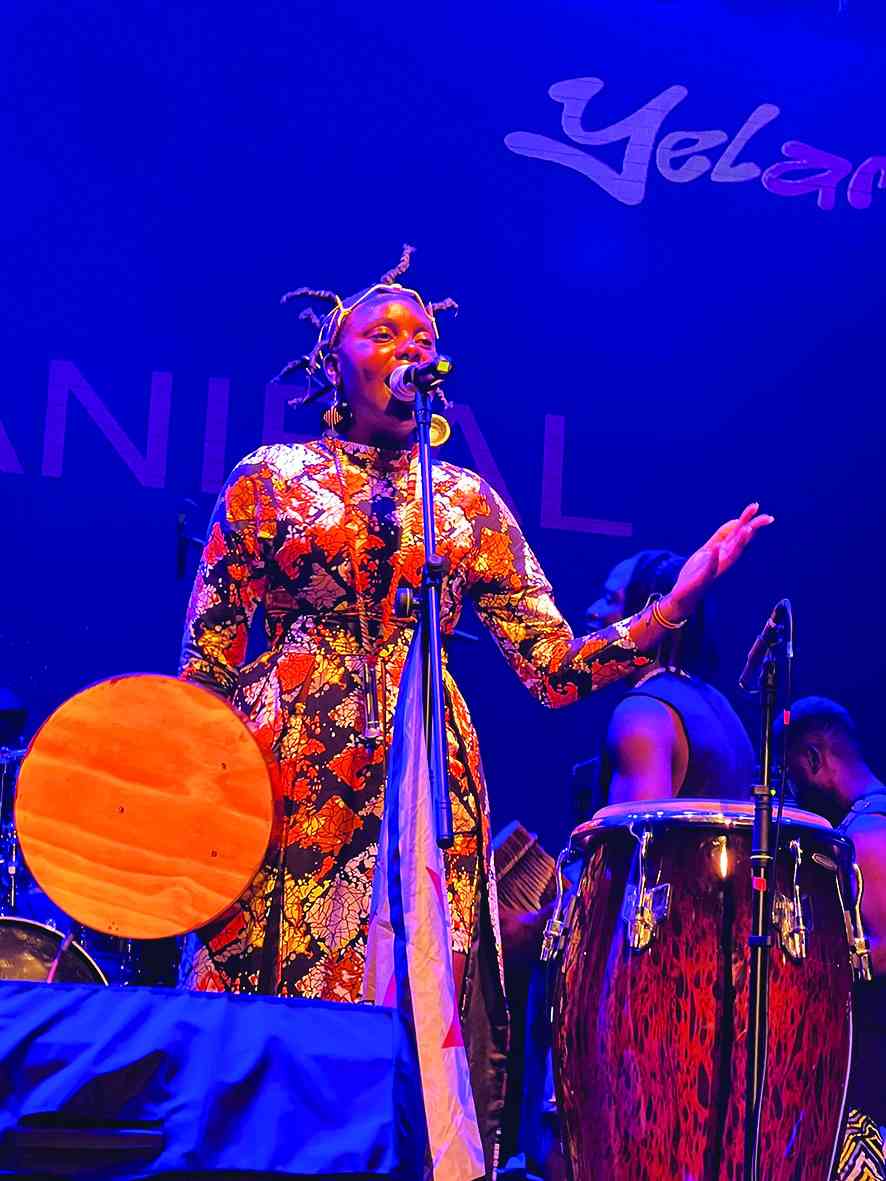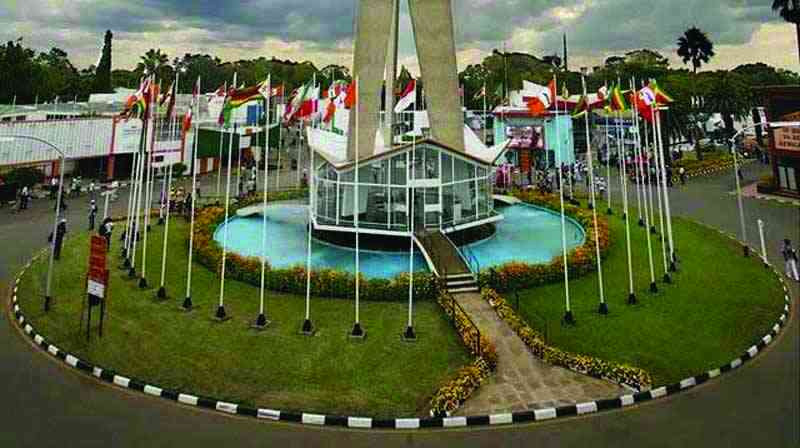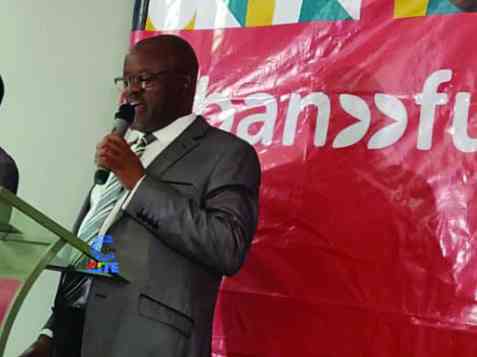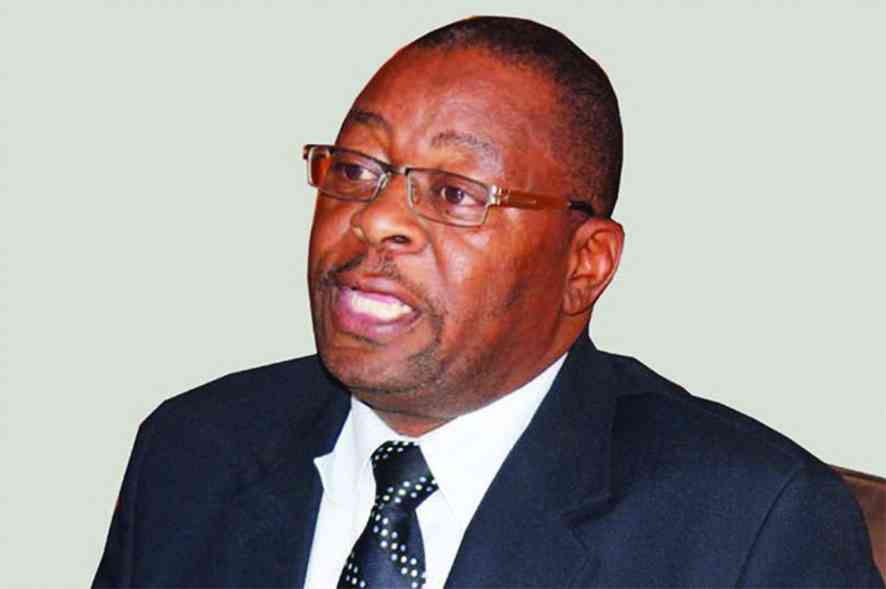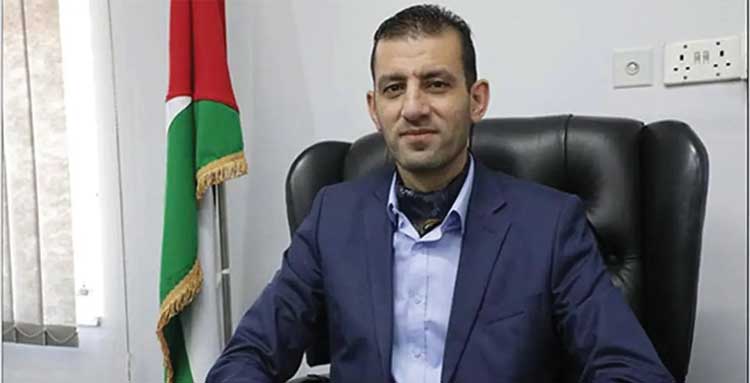
By Melody Chikono
THE Palestinian–Israeli conflict is one of the oldest in the history of global politics and Palestine ambassador to Zimbabwe, Tamar Almassri (TA) has described Israel as a developed apartheid regime.
NewsDay (ND) senior reporter Melody Chikono recently spoke to Almassri who said the sanctions imposed on Zimbabwe by the West could be likened to the punishment that Palestine has suffered under the illegal Israeli regime.
Below are excerpts from the interview.
ND: Can you give a brief description of your mission in Zimbabwe?
TA: We are a diplomatic mission. We started our work in 1983. Our relations started at least 15 years before independence of Zimbabwe where the Palestinian movement represented by the Palestinian Liberation Organisation started the relations with Zimbabwean freedom fighters with the common pillars being Zanu PF and also Zapu at the time.
The relationship was based on the common solidarity against the apartheid regime and against the Israeli occupation at that time. We are proud to say the Palestinian National Movement was in touch and involved in the African struggle.
Zimbabwe was one of the closest countries to Palestine and we remember that Palestinian freedom camps in Lebanon and Syria hosted groups of Zimbabwean freedom fighters in 1978 and after.
- Chamisa under fire over US$120K donation
- Mavhunga puts DeMbare into Chibuku quarterfinals
- Pension funds bet on Cabora Bassa oilfields
- Councils defy govt fire tender directive
Keep Reading
After independence we got support from Zimbabwe, the leadership of the republic and the leadership in Zanu PF.
We are proud of our relations as we have deep roots, but we should work to strengthen the relations and open doors for cooperation and affiliation. I think we have the main basis hinged on comradeship and friendship.
ND: You speak of comradeship. How best can you describe the political relations between these two countries?
TA: Palestine is one of Zimbabwe’s sister countries and we make calls to break Zimbabwe free from this siege under the title of sanctions because we consider it as a collective punishment that we suffered under the Israeli illegal occupation.
Zimbabwe is also supporting the Palestinian struggle and are totally against Israeli occupation of Palestine. I think this is the main title of our political interaction and we have a lot of details under this umbrella.
Zimbabwe announced on United Nations platforms that they are against the occupation because it’s illegal. For us it’s a good step to prove that you are with your principles when you refuse any occupation and any oppression against a country.
Zimbabwe, despite the circumstances of the last two decades, still refuses this occupation with most countries in Latin America, African Union, the Southern African Development Community and Asia, among others.
They are supporting Palestinian resolutions at the United Nations (UN), so it’s good to maintain the relations and the principles of the two counties.
ND: The Palestinian and Israeli conflict is one of the oldest in the global political arena. What have been the main triggers of the conflict?
TA: Palestine is the holy land of the world invaded by Israeli gangs of the Jewish lands who claim that they are able to establish their own State in Palestine. It is not a conflict as we see in modern day life.
It is a new regime of the apartheid system. Nowadays, according to some international human rights organisations and European organisations like Amnesty International, the Israeli occupation is described as an apartheid regime.
We should also consider that the Israeli citizens are not from one background because they are imported from 120 countries in the world, from different cultures and they speak 80 languages. This May they will have the 74th anniversary of their establishment.
The establishment came with the support of some colonial powers and they started in 1948 at the same time when they started the apartheid regime in South Africa. Because the State was established by importing citizens, it has failed to achieve integration.
We see deep divisions in the Israeli communities and at the political level. They have failed to achieve the national story and for this reason they try to steal our land, our culture, food and invent some stories just to claim they have roots in this land.
We believe as the Nazi was defeated, the Israeli shall be defeated one day, God willing. This kind of colonial occupation has no future in our land and it is not the first occupation in Palestine. Palestine as the holy land of humankind was gold to many occupiers. Jerusalem was occupied more than 44 times and all of them were defeated. Palestine defeated Napoleon Bonaparte.
The Israelis are not exceptional and they will not continue with this kind of colonial occupation in Palestine and this kind of racism against the Christians and Moslems in Palestine.
ND: What do you think has worsened the tensions between the two parties?
AT: As we are talking they are trying to start a religious war in Jerusalem. The extremist settlers of Israel tried to attack the holy compound of the Alaska Mosque. On behalf of our people I think it’s the clearest signal of starting a religious war because this mosque is one of the three holiest sites for the nation.
Unfortunately, the Israelis attacked the Christians in Jerusalem and prevented them from reaching their church.
ND: During the Holy Month of Ramadan, a number of Palestinians were allegedly killed by Israeli forces, what efforts are being made to bring perpetrators to book?
AT: The killing of the Palestinians is continuous and you should know that there are instructions for Israelis’ officials and civilians to kill any Palestinian who they feel could be dangerous. For this reason, they killed an Israeli guy who they thought was Palestinian and it turned out the guy was mentally unstable.
They also attacked churches in Jerusalem and the Al-Aqsa Mosque within one week and they tried to control religious freedom. Unfortunately, the Israelis killed civilians, children and women.
They killed a 47-year-old widow and mother of seven children who was blind, all for nothing. She was just walking. How can you describe that?
For this reason, morally we should describe Israel as an apartheid State and the last apartheid State in the whole world. Unfortunately, the international media didn’t speak about this woman because she was not with blue eyes and blond hair.
ND: How then do we describe the safety of women and children in Palestine?
TA: Actually the main problem of our people is the occupation. But unfortunately the women and the children are targeted by the Israeli apartheid occupation and the Rabi give clearance to kill Palestinian children even babies because they will grow up and be men and maybe they will fight Israel.
In every aggression against Jerusalem they used to kill families and everyday they arrest children. We have an example of a boy who was arrested when he was 11 in 2016 until now he is suffering. This has caused mental problems for him because he is in an isolation cell.
ND: So to what extent have international organisations like the UN been helpful in the Palestinian cause?
AT: Unfortunately, we have dozens of resolutions that support the Palestinian rights and condemn the Israeli apartheid regime and ask to stop the Israeli occupation, but none of these resolutions have been implemented.
ND: How about support from advocacy groups, say here in Zimbabwe or other countries?
AT: We have the civil society here in Zimbabwe and we have solidarity committees that are trying to raise their voice with the international committees against the Israeli apartheid regime.
ND: So how are immigration laws being applied to Palestinian people?
TA: More than half of the Palestinian people are in the diaspora and refugee camps in Syria, Lebanon, Egypt and so on. Now most of them want to go back to Palestine, but they are not allowed by the Israelis.
I am the Palestinian ambassador, but I am not allowed to visit some cities. In West Bank, a city smaller than Harare, has about 600 Israeli checkpoints.
- Follow us on Twitter @NewsDayZimbabwe

